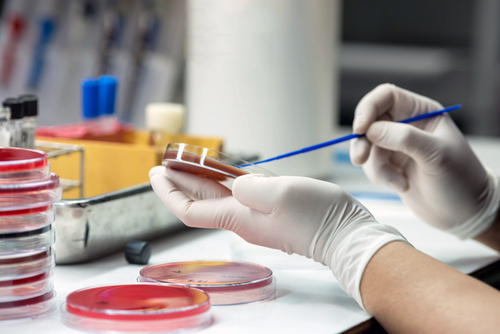
Last year, CARB-X awarded $127.5 million and 23 awards to developers pursuing novel ways to fight antibiotic resistant bacteria, according to its fourth annual report.
This marks the largest funding effort so far conducted by CARB-X, which coincided with several other successful milestones. For one, the year brought CARB-X’s first project to gain regulatory approval, thanks to a T2 Biosystems rapid diagnostic. CARB-X also added its first CRISPR/phage project to its portfolio — care of Eligo Bioscience — and had its first portfolio item achieve Orphan Drug Designation from the U.S. Food and Drug Administration (FDA), in the form of a drug created by Peptilogics.
“CARB-X has made remarkable progress in supporting the development of innovative products to address the most serious life-threatening antibiotic-resistant bacteria,” Kevin Outterson, Executive Director of CARB-X, a non-profit global partnership led by Boston University, said. “We have chosen the most outstanding products in development from amongst more than 1100 applications. The portfolio of products we support represents the future of antibacterial development.”
In its fifth year, CARB-X moves forward with 45 active projects, including 19 new classes of antibiotics, vaccines, microbiome projects, and other novel approaches added by last year’s end. This portfolio now includes projects in 10 countries. All told, CARB-X has invested $252.7 million into 70 projects worldwide.
After these successes, CARB-X has no intention of slowing down, either.
“The COVID-19 pandemic underscores the critical importance of being prepared for global health threats, as well as the tragic consequences of being caught flat-footed,” Outterson said. “As we look to the future and track the rise of drug-resistant bacteria, we know that more investment and better financial incentives are needed to accelerate and sustain antibacterial innovation. We are working with our funding partners and global collaborators to find solutions to address the drug-resistance crisis today and for the future.”




